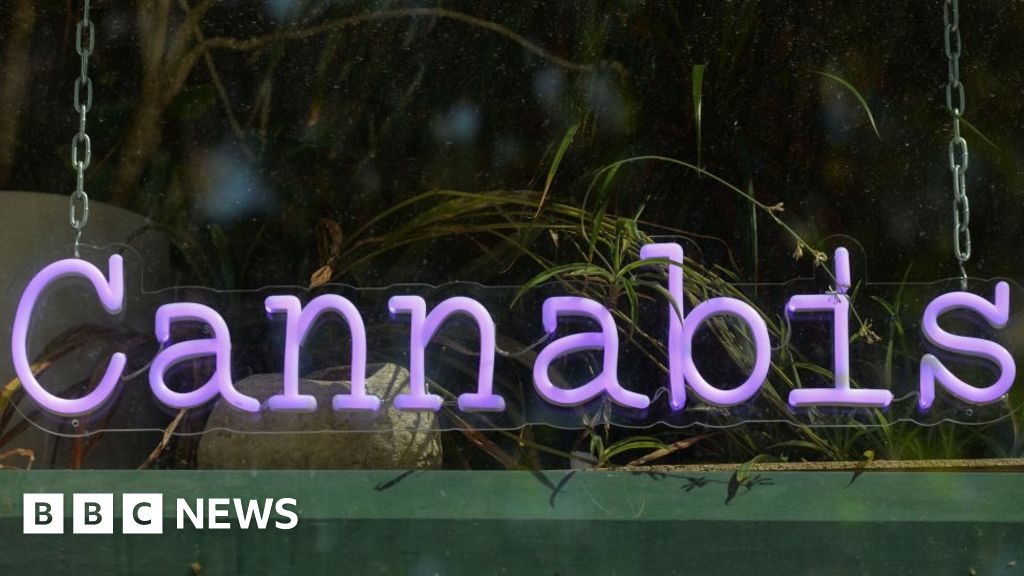Oversupply / oversaturation. A lot of investors thought the market was going to be bigger than it was, spent too much, and then were shocked when there weren’t as many cannabis users as expected and they couldn’t achieve growth every quarter. I fully supported legalisation, as did most people, but I am not really a cannabis user — they probably expected that someone supporting legalisation equaled a potential regular cannabis user. Also, anecdotal, but out of the 5 regular cannabis users i know that I can think of off the top of my head none of them buy from the black market anymore. Two of them grow their own, which the law also made legal.
Anyway, this article kind of feels a bit like anti-legalisation propaganda. Legalisation was the right move, the lesson here is don’t overinvest in tulips.
Agreed, these all sound like the businesses screwed up, not that there’s anything wrong with the laws or regulations.
This is the best summary I could come up with:
That same month, another company, Canopy Growth, sold the multi-million dollar Ontario headquarters it bought in 2017 back to its original owner, candy manufacturer Hershey Canada.
Both companies, along with other cannabis producers, have also given out pink slips to thousands of workers in an effort to cut costs as they continue to generate little to no profit.
“The thing is, there was no global road map,” he told the BBC, as no other country had attempted to legalise recreational cannabis on such a large scale.
But a clustering of storefronts over time in the same areas meant retailers had to lower their prices and offer other incentives to compete with other stores nearby.
Countries in the European Union have toyed with the idea of legalisation, but “they are moving very slowly”, Prof Armstrong said, partly due to stringent EU laws.
“But one of the measures of success is, are we creating a sustainable model here where, in the next five years, we are going to see good cannabis companies bringing innovative products and winning that battle for market share, or are we going to retreat?”
The original article contains 1,246 words, the summary contains 186 words. Saved 85%. I’m a bot and I’m open source!
Consumers of cannabis edibles, for example, are able to go online and find products with a potency [advertised] higher than the legal amount, Mr Smitherman said.
Addition by me. Because that is really the crux of the matter. Sure, you may see edibles advertised with 1000mg or something ridiculous, but there’s absolutely no guarantee you actually get what you pay for, without that regulatory oversight.
And then there’s the obviously flawed assumption that stronger = better.



